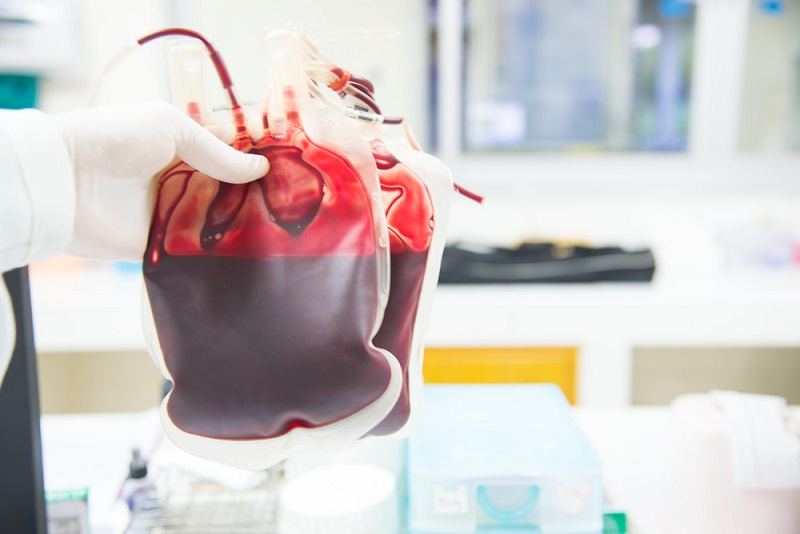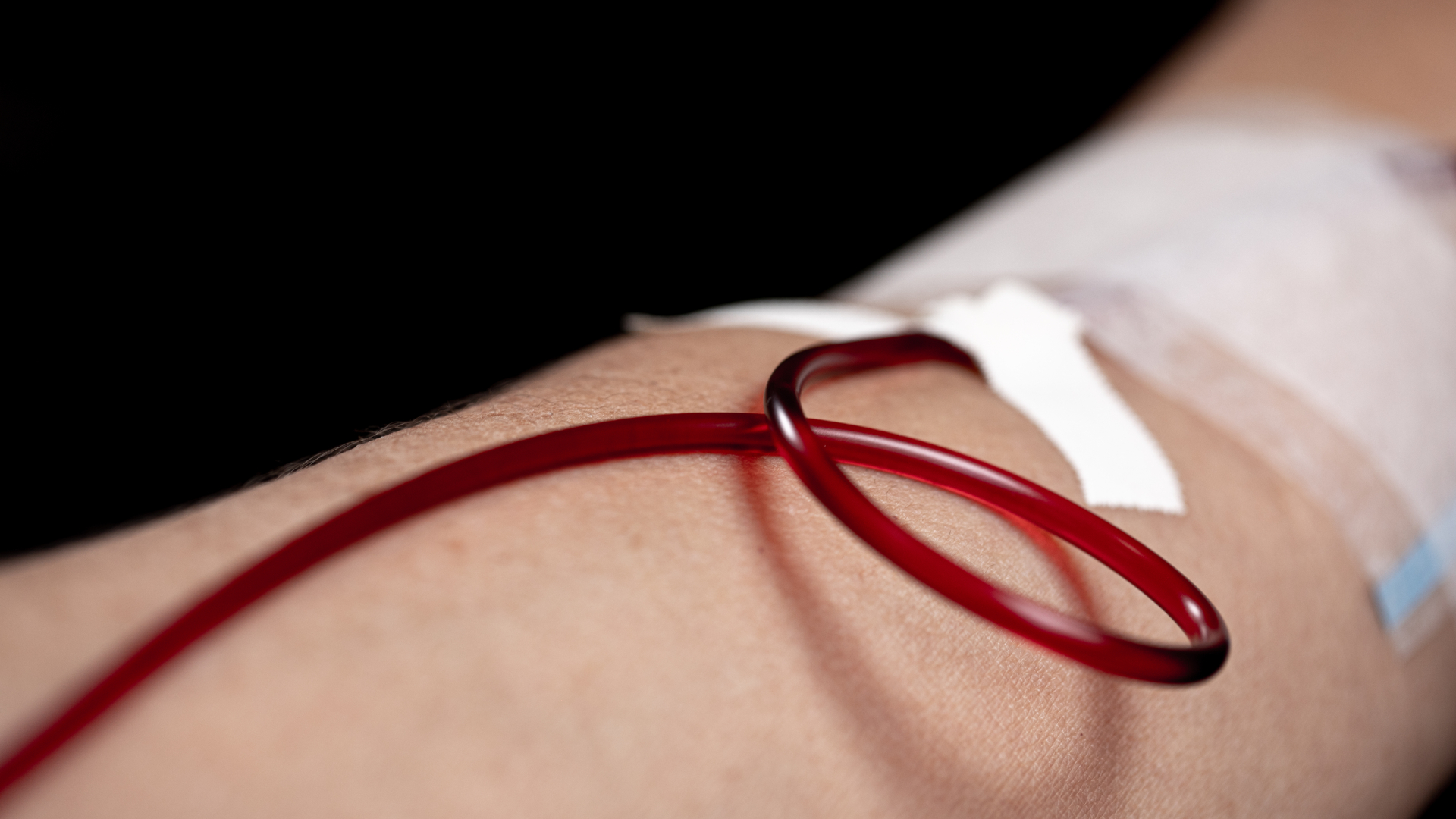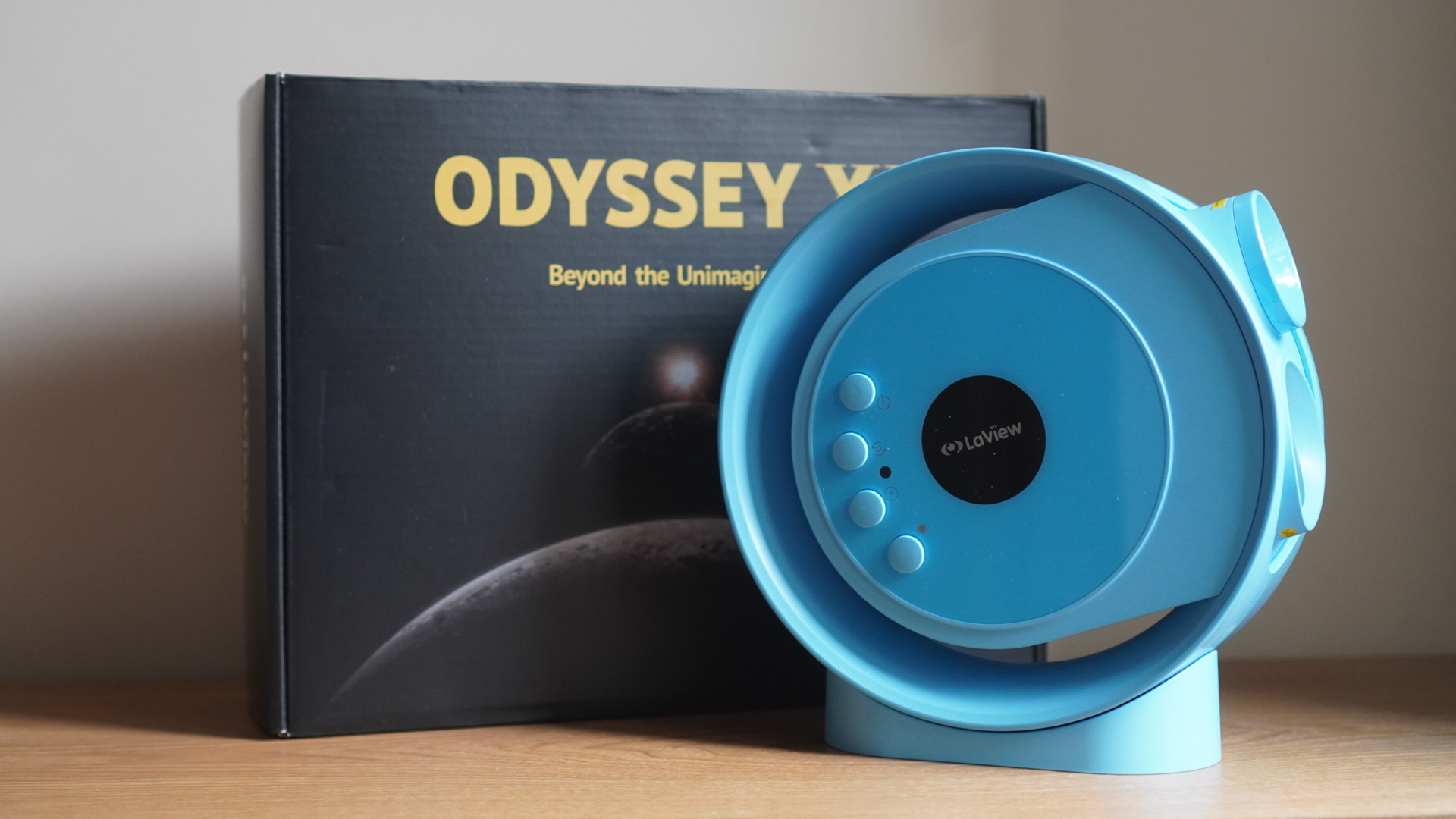What's the rarest blood type?
Here's a breakdown of the most rare and common blood types in the U.S.

Different people have different types of blood running through their veins. Humans have four main blood groups: A, B, AB and O. These are defined by which antigens are present on the surface of red blood cells: Type A blood has the A antigen on red blood cells, B has the B antigen, AB has both and O has neither.
In general, the rarest blood type is AB negative and the most common is O positive. Here's a breakdown of the most rare and common blood types by ethnicity, according to the American Red Cross.
O positive:
- African-American: 47%
- Asian: 39%
- Caucasian: 37%
- Latino-American: 53%
O negative:
- African-American: 4%
- Asian: 1%
- Caucasian: 8%
- Latino-American: 4%
A positive:
- African-American: 24%
- Asian: 27%
- Caucasian: 33%
- Latino-American: 29%
A negative:
- African-American: 2%
- Asian: 0.5%
- Caucasian: 7%
- Latino-American: 2%
B positive:
Get the world’s most fascinating discoveries delivered straight to your inbox.
- African-American: 18%
- Asian: 25%
- Caucasian: 9%
- Latino-American: 9%
B negative:
- African-American: 1%
- Asian: 0.4%
- Caucasian: 2%
- Latino-American: 1%
AB positive:
- African-American: 4%
- Asian: 7%
- Caucasian: 3%
- Latino-American: 2%
AB negative:
- African-American: 0.3%
- Asian: 0.1%
- Caucasian: 1%
- Latino-American: 0.2%
How is blood type determined?
A person's blood type is based on whether or not they have certain molecules or proteins — called antigens — on the surface of their red blood cells, according to the National Institutes of Health. Two of the main antigens used for blood typing are known as "A antigen" and "B antigen." People with type A blood only have A antigens on their red blood cells and those with type B blood have only B antigens. Individuals with type AB blood have both; people with type O blood have neither.
Another protein, the "Rh factor" — also known as the "Rhesus" system — is also present or absent on red blood cells. A person's blood type is designated as "positive" if they have the Rh protein on their red blood cells, and "negative" if they don't have this protein.
Is blood type genetic?
Yes, a person's blood type is genetic, inherited from his or her parents, according to the Red Cross.
Blood type and transfusions
Blood typing is particularly important for blood transfusions, because certain antigens on blood cells can trigger a person's immune system to attack the donated blood.
People who are Rh-negative can only receive Rh-negative blood, but people who are Rh- positive can receive either Rh-positive or Rh-negative blood, the Red Cross says.
What's more, type A blood can be used for transfusions for patients with type A or type AB blood; type B blood can be used for patients with type B or type AB blood; and type AB blood can be used for patients with type AB blood. Type O blood can be used for patients with type A, type B, type AB and type O blood.
What blood type is the "universal donor"?

People with type O blood are called "universal donors" because this type can be used for patients with any blood type.
Type O blood is often in short supply in hospitals, due to demand for this universal donor type, according to the Red Cross. In particular, type O-negative blood is in high demand because it's the one most often used for emergencies, when there may not be time to determine a patient's blood type.
What are "rare" blood types?
Although ABO and Rh groups are the most important blood groups for transfusions, there are hundreds of other antigens that have been found on the surface of people's red blood cells. A person's blood type is rare if their blood does not have an antigen that most people have, or if their blood does have an antigen that most people lack, according to the Cleveland Clinic. Specifically, rare blood types are those that are found in 1 in 1,000 people or fewer.
One of the rarest blood types in the world is known as "Rh-null;" fewer than 50 people in the world have been found to have this blood type, earning it the name "golden blood," the Cleveland Clinic says.
Can blood types change?
A person's blood type does not usually change, meaning it stays the same throughout life. But in some rare cases, blood type has been known to change, including in cases of bone marrow transplants and in people who developed certain types of cancers or infections, according to the Cleveland Clinic.
Blood type and pregnancy
Blood type can be an issue in pregnancy if the mother is Rh negative and the fetus is Rh positive. (The fetus can inherit the Rh factor from either the mother or the father.) That's because, in this situation, the mother's immune system can react to the fetus' "positive" blood. For this reason, pregnant women have their blood tested to determine blood type. Those with Rh-negative blood can be treated with a drug called Rh immunoglobulin to prevent a damaging immune reaction if their fetus has a positive blood type, according to the Cleveland Clinic.
How to find out your blood type
If you don't know your blood type you can ask your health care provider if they have a record of it. If they don't, you may be able to request blood typing the next time you get your blood drawn, according to CNN. You can also find out your blood type if you donate blood, according to the Cleveland Clinic. There are also at-home blood tests that can tell you your blood type.
This article is for informational purposes only, and is not meant to offer medical advice. This article was updated on Sept. 10, 2021 by Rachael Rettner.

Rachael is a Live Science contributor, and was a former channel editor and senior writer for Live Science between 2010 and 2022. She has a master's degree in journalism from New York University's Science, Health and Environmental Reporting Program. She also holds a B.S. in molecular biology and an M.S. in biology from the University of California, San Diego. Her work has appeared in Scienceline, The Washington Post and Scientific American.
 Live Science Plus
Live Science Plus





